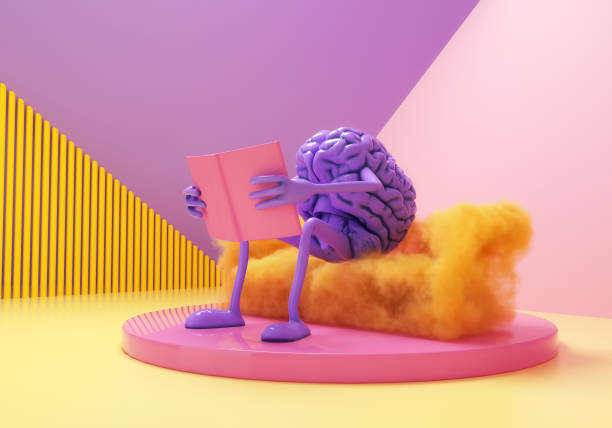- info@udayanam.com
- +91 522-3525290
- Udayanam Institute

The theory of multiple intelligences, proposed by Howard Gardner, suggests that intelligence is not a single, unified entity, but rather a collection of distinct abilities or intelligences.
While Gardner initially proposed seven types of intelligences, he later added two more, bringing the total to nine. However, it's important to note that the theory of multiple intelligences is still a subject of debate among psychologists and educators.
The nine types of intelligence as proposed by Gardner are:
It's important to keep in mind that the theory of multiple intelligences has faced criticism and is not universally accepted by all researchers. Some argue that the different intelligences proposed by Gardner could be better classified as talents, abilities, or skill sets rather than separate forms of intelligence.
Nevertheless, the concept of multiple intelligences has had an impact on educational practices and has encouraged educators to recognize and nurture diverse abilities in students.